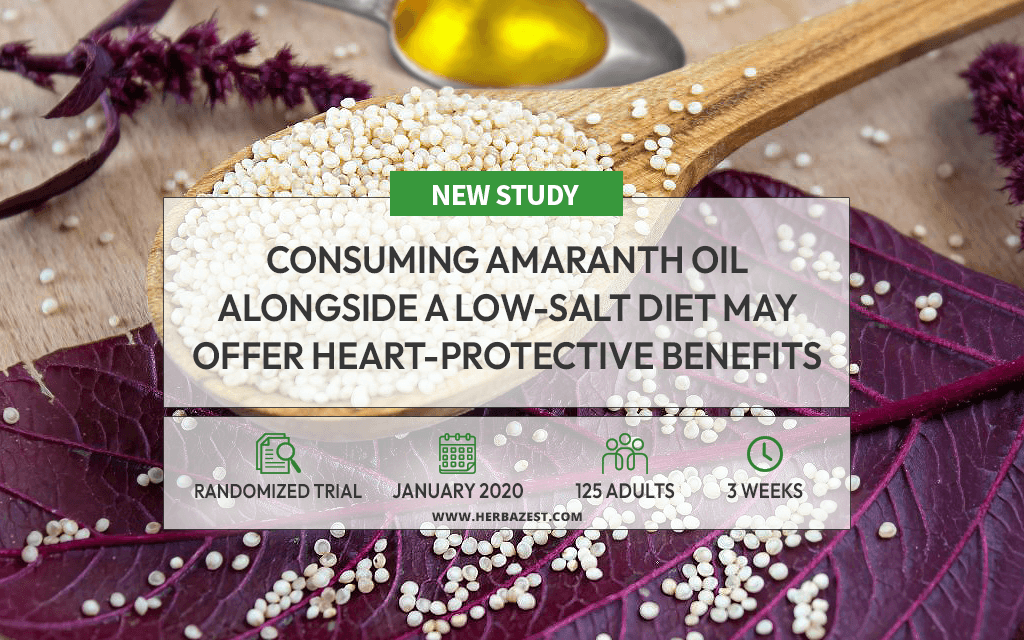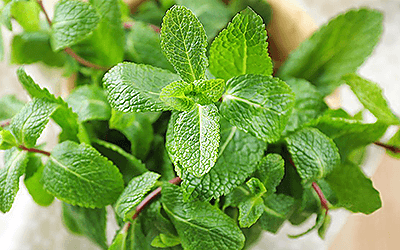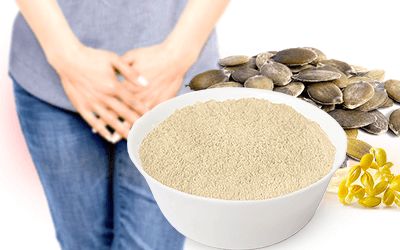Numerous studies have shown heart-protecting benefits associated with replacing saturated fats with unsaturated fats.1 Colloquially known as “healthy fats,” this type of fats is mainly found in plant sources.
The oil from amaranth happens to contain good amounts of unsaturated fatty acids, including palmitic acid, oleic acid, and linoleic acid. It also contains squalene and tocotrienols, which can aid in cholesterol regulation. These characteristics can potentially benefit people with heart disease and co-related risk factors.
The purpose of this trial was to investigate the effects of amaranth oil on obese adults with coronary heart disease and hypertension.
The Study
Researchers from the Russian Academy of Medical Sciences conducted this randomized placebo-controlled trial on 125 obese adults with coronary heart disease and hypertension. It lasted for three weeks.
All participants received recommendations on dietary and behavioral practices, including consuming a low-salt diet. In addition, participants in the intervention groups received varying amounts of amaranth oil per day (3, 6, 12, or 18 mL), while those in the control group were only given low-salt diet instructions.
Biochemical and clinical measurements - such as vital signs, an electrocardiogram, and serum cholesterol levels - were taken before and at the end of treatment.
The Results
In nearly half of the participants in the amaranth-consuming groups, there were beneficial changes on electrocardiograms, such as heart rhythm normalization and a decrease in signs of coronary deficiency. Th best results were obtained with an 18 mL per day dose.
There were improvements in systolic and diastolic arterial blood pressure in all groups as well. Researchers also noted weight loss of 5.1-5.6%, attributable to a low-salt diet.
Furthermore, participants reported significant improvements - including disappearance - of various symptoms, such as headaches, weakness, fatigue, shortness of breath while being active, leg edema, and others.
Amaranth oil was well tolerated by all participants, who rated its flavor characteristics as pleasant, too.
What Does this Mean?
This study has demonstrated amaranth oil's heart-protective properties when consumed alongside a low-salt diet.
It has shown to have beneficial effects on heart rhythm and blood pressure as well as total cholesterol, triglyceride, and low-density lipoprotein (LDL) levels. It also increases the levels of polyunsaturated fatty acids in the blood.
In light of this data, researchers encourage the addition of amaranth oil in treatment for coronary heart disease and hypertension.
Other herbs with heart-protecting properties are whole grains, like oats, brown rice, and quinoa; healthy fats from avocados, olives, nuts, and seeds; and protein in lentils, soy, and peas.
Sources
- Lipids in Health and Disease, Amaranth oil application for coronary heart disease and hypertension, 2007
Footnotes:
- Healthcare. (2017). Saturated Fatty Acids and Cardiovascular Disease: Replacements for Saturated Fat to reduce Cardiovascular Risk. Retrieved December 9, 2020 from https://www.ncbi.nlm.nih.gov/pmc/articles/PMC5492032/







